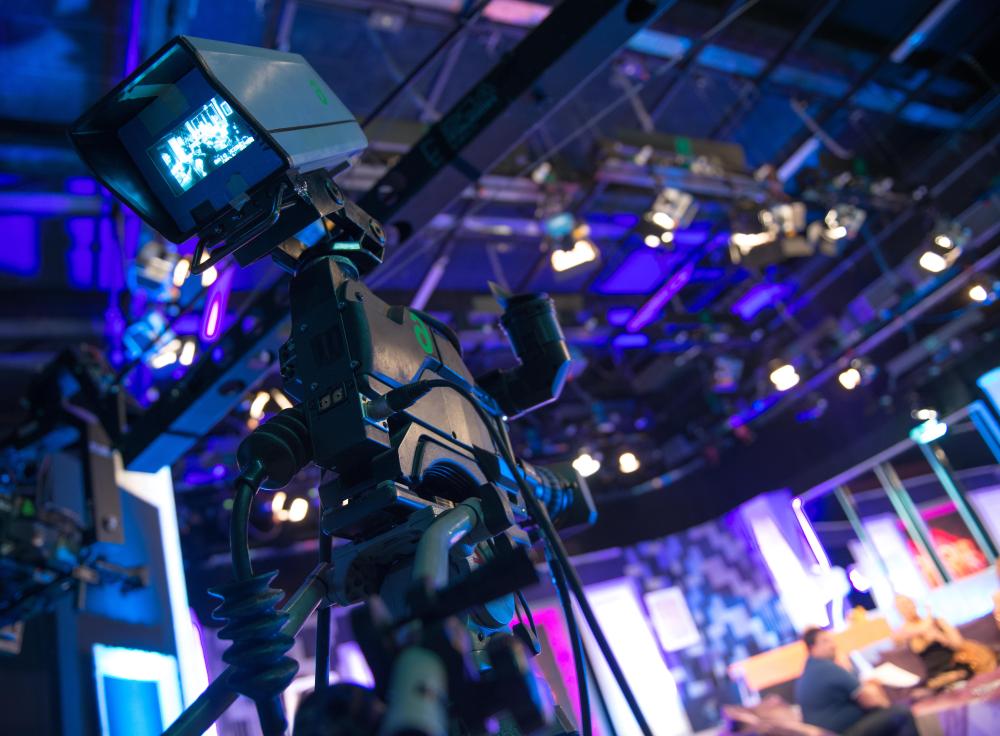At WiseGEEK, we're committed to delivering accurate, trustworthy information. Our expert-authored content is rigorously fact-checked and sourced from credible authorities. Discover how we uphold the highest standards in providing you with reliable knowledge.
How do I Become a TV Director?
Working as a TV director can be an exciting, if uncertain, type of job in the entertainment industry. Unlike the film world, where projects often form around a director's vision, a TV director will often work for hire, interpreting the vision of the showrunner and writing staff for one or more episodes. Becoming a TV director requires basic director's training and a willingness to adapt to many different jobs. Although there is no set path to become a TV director, there are many steps an aspiring artist can take to tailor their directing career in toward television.
A director's primary job in almost any medium is to work with the actors on interpreting a script. In TV, directors also work in close contact with the cinematographer in order to choose shots and ensure adequate coverage of every scene. Directors must also serve the showrunner, who is the overall creative voice and vision of a TV show. In order to become a TV director, people skills are clearly necessary to maintain good working relationships and make people want to work together a second or third time.

To get a job as a TV director, it is important to study the medium. Understanding how television programs are developed, shot, and produced is the first step to becoming a competent professional. Many directors get their start as interns or assistants on a television set. By learning the trade up close, an ambitious new professional will have the chance to form valuable relationships and an inside knowledge of the work.

Some directors may start their process by attending some type of film school. Many prominent universities have undergraduate and graduate level film programs with emphasis on learning to direct. In a formal school environment, directors will be able to learn from professionals as well as make short films and projects that can be used as a calling card for their style and ability. Film school can also be a wonderful place to make friends and form relationships that can translate into jobs later on.

Forming good relationships with talented writers is one way to try and become a TV director. If a writer sells a pilot script for a TV series, they will want someone they can trust to direct the episode. Writers that work on staff on an existing show may also be able to recommend friends for directing jobs. Since television is often called a writer's medium, it is important to establish friendly and positive relationships in order to advance in a plan to get a job as a TV director.

Landing the first job may be difficult, and may require several years of apprenticeship and training. Most professional TV directors have an agent or manager that helps them continue to land jobs, but it may be difficult to get an agent without an established professional career. For this reason, many TV directors come to the field by gaining attention for a short film, commercial, web series, or even play that they have directed. By combining an attention-grabbing short film with a reputation as a team player, a young professional may greatly improve his or her chances to become a TV director.
AS FEATURED ON:
AS FEATURED ON:














Discuss this Article
Post your comments